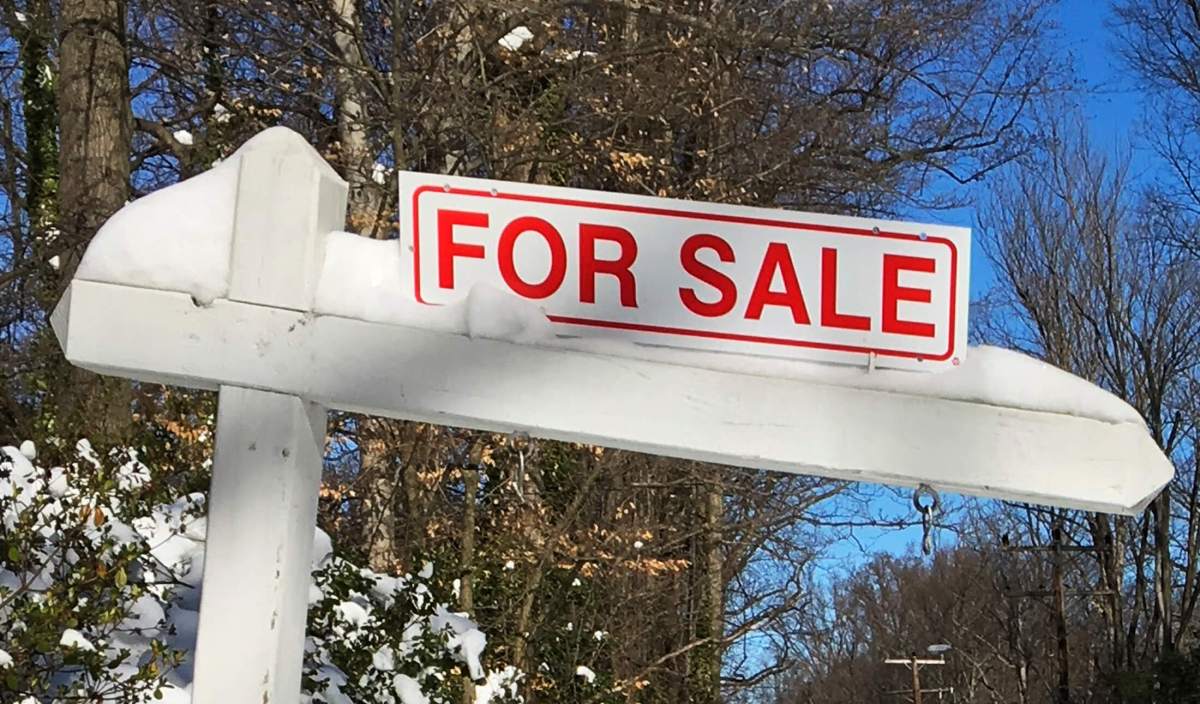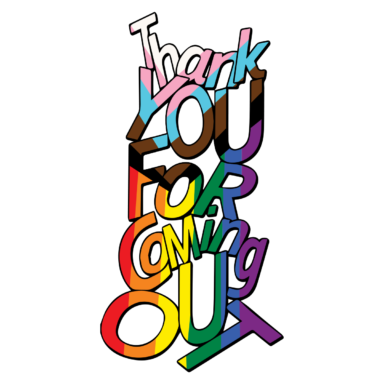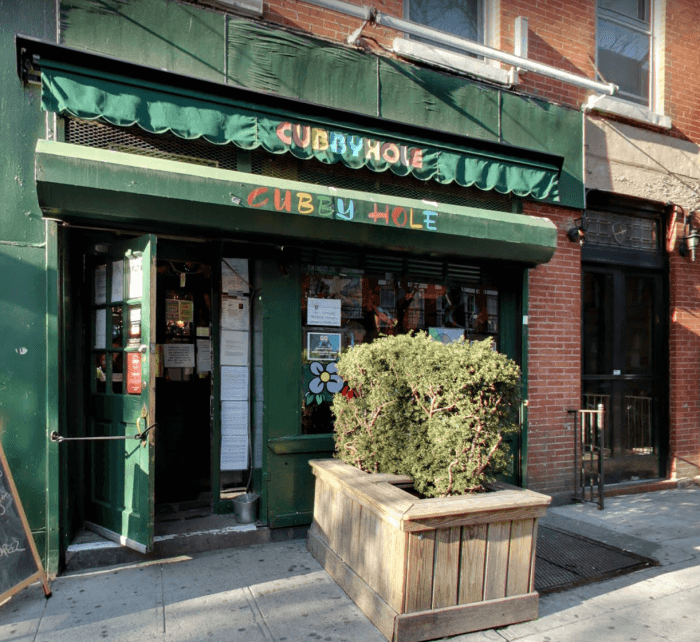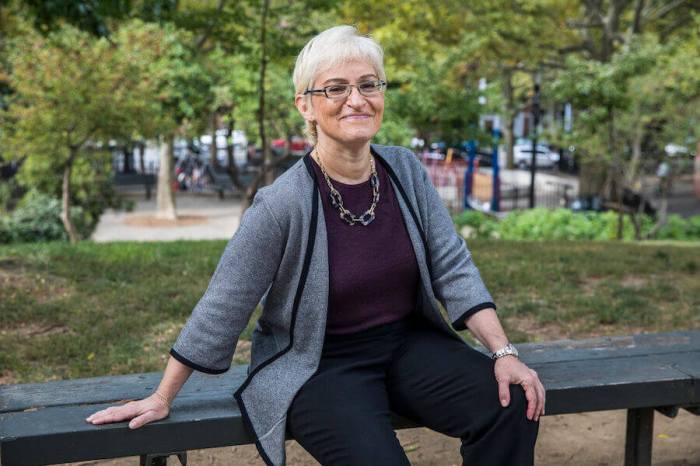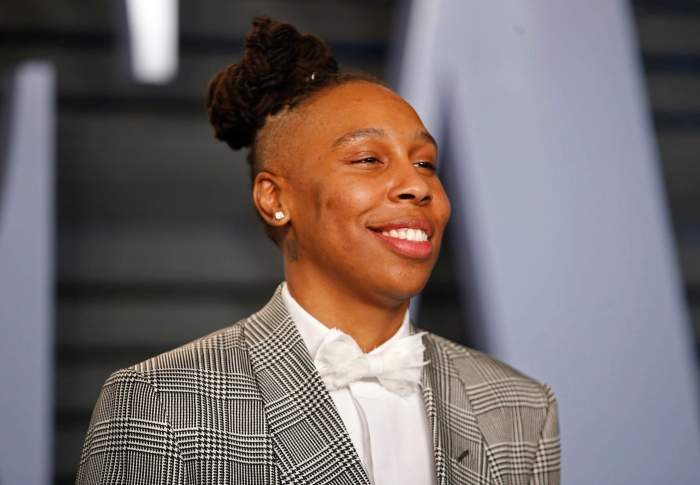For many LGBTQ first-time home buyers, homeownership can come with some additional barriers.
Taina Carrero, an out LGBTQ realtor who works for Coldwell Banker Realty and serves New York City, Westchester, and Connecticut, advises LGBTQ first-time homebuyers to be extra mindful of researching potential locations where they hope to purchase a home, find a queer-friendly realtor, and speak with residents in the new town.
“When I was looking to purchase, I needed an agent that was going to hear me, that was going to understand my needs and my concerns, and I know that there are a lot of people today that still have [those issues],” Carrero said. “Even in New York where everything is pretty open and diverse, there are still pockets of areas where it’s not very welcoming.”
Last year, a report from UCLA’s Williams Institute, a public policy think tank in California, revealed that 49.8 percent of LGBTQ individuals own a home when compared to 70 percent of their heterosexual counterparts. These disparities widen among transgender adults, who have a 25 percent chance at homeownership when compared to 58 percent of cisgender folks. In the report, experts pointed to discriminatory housing and lending policies as one of the main drivers of this issue.
Living in an LGBTQ-inclusive neighborhood is a priority for many of Carrero’s queer clients. Earlier this year, Carrero said she was concerned for a couple looking to move from New York City to Newburgh, New York, citing the politics of the area. However, Carrero’s outlook on the neighborhood changed once the couple talked to locals in the area.
“We started to find out that there were a lot of little pockets of LGBT families, and you wouldn’t assume it because it was ‘Trump country,'” she said. “We found out the areas were so much more diverse than what we would have thought or imagined.”
For individuals struggling to find an LGBTQ realtor, Carrero recommends tapping into the National Association of Gay and Lesbian Real Estate Professionals (NAGLREP), an LGBTQ housing advocacy group and database for thousands of queer and allied realtors. Carrero advises first-time homebuyers to interview at least three realtors before launching a housing search.
Carrero said that anti-LGBTQ discrimination is an obstacle for many queer individuals entering the field.
“I have been in this business for 10 years, and there are very few LGBTQ realtors,” Carrero explained. “Being LGBTQ adds a little bit of extra stress on an already stressful business.”
Carrero said she encountered many of these challenges firsthand based on her gender expression.
“I do see it for myself when I’m going to present anything, even if I’m just walking into a house. If it happens to be a house of a person who is not comfortable, I immediately feel it,” Carrero said. “It’s something I’ve always lived with, so it doesn’t hinder what I have to do for my clients.”
Carrero added that spending more than a year researching is critical for LGBTQ clients trying to find a safe area for their families. Carrero said her knowledge of local schools and teachers helped a parent of an LGBTQ teenager avoid a school district where multiple LGBTQ teens died from suicide.
“I am speaking to him on a weekly basis because he’s so concerned about where to go,” she said. “It may sound a little drastic, but if their concern is safety and finding the right neighborhood, then the time put in the research is well worth it.”
To sign up for the Gay City News email newsletter, visit gaycitynews.com/newsletter

